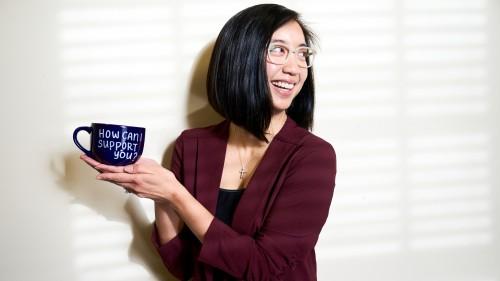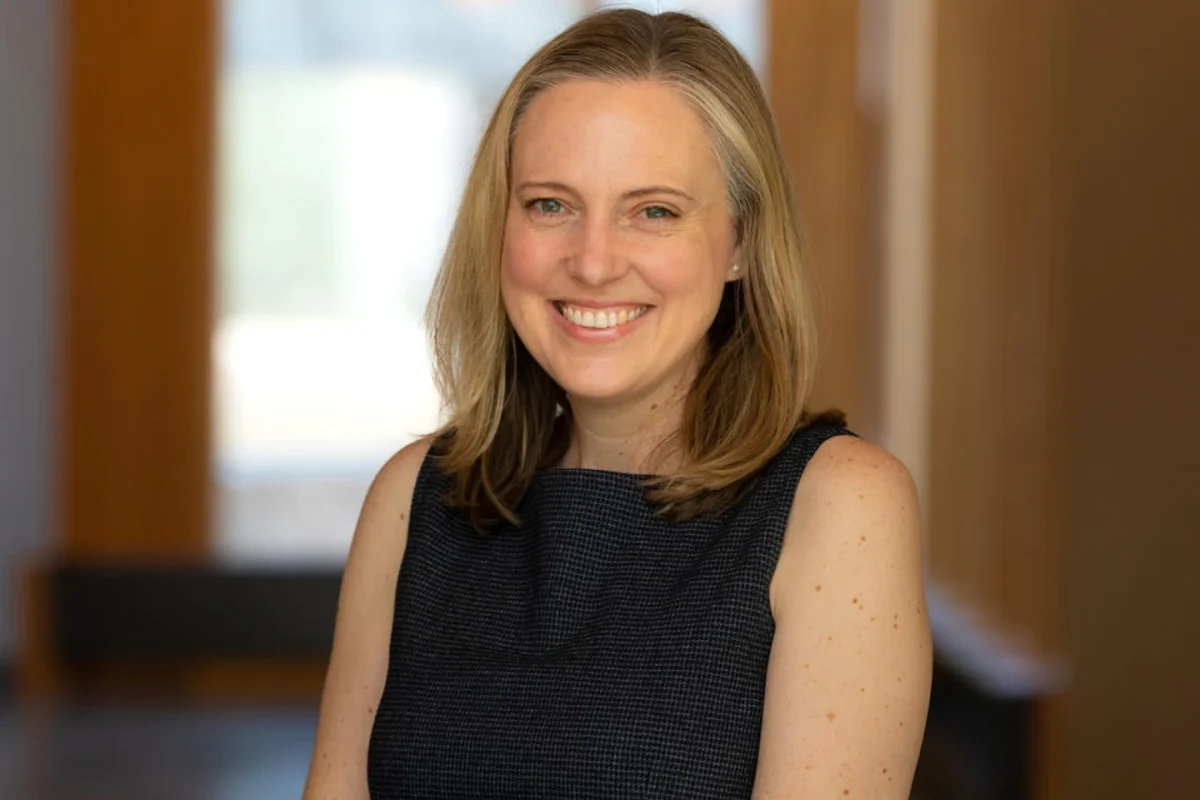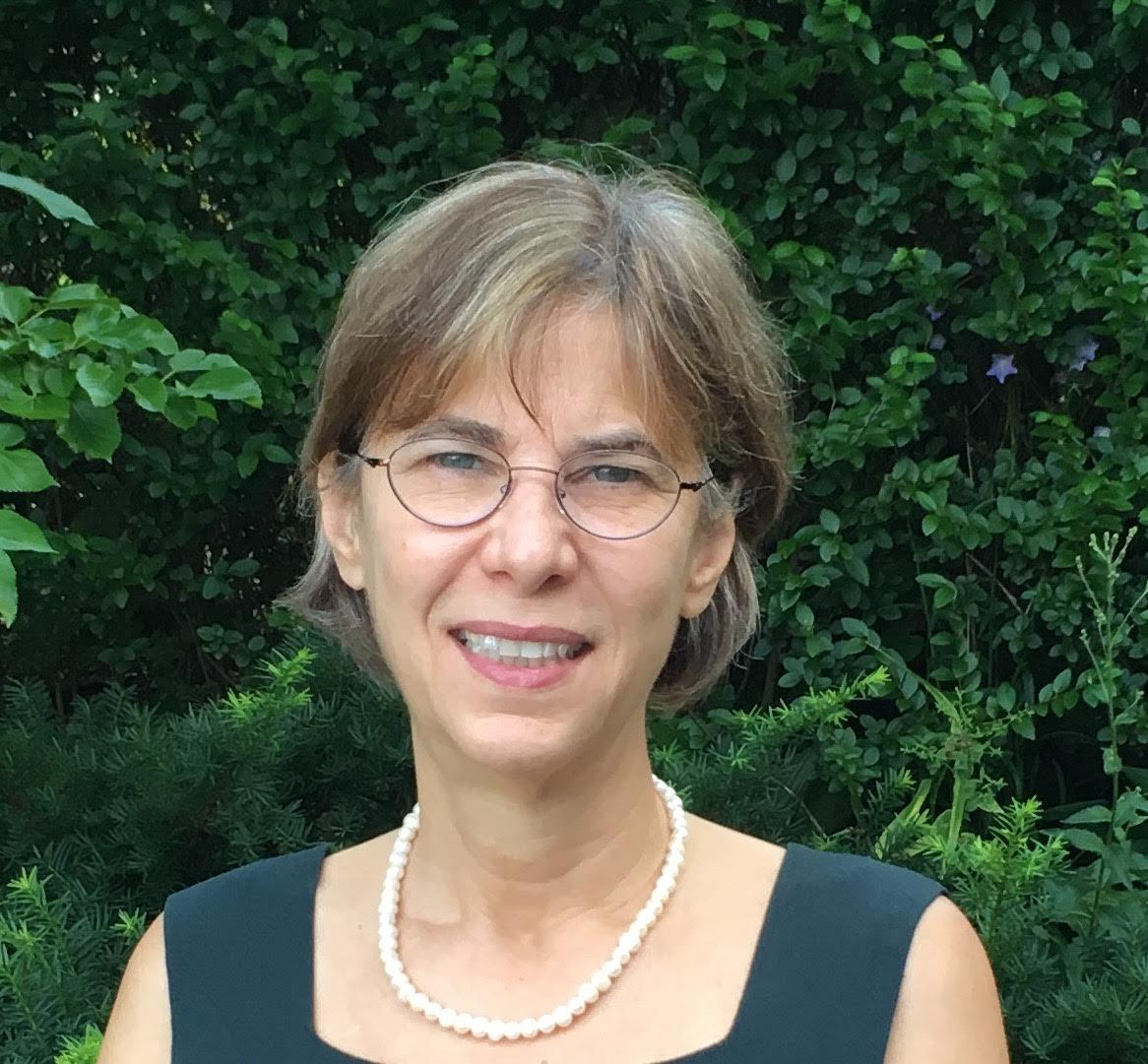Dr. Kristine Din, Wellesley’s newest Director of Student Involvement, is focused on putting students first this year.
I sat down to speak with Din this last week, and from the beginning of the conversation, it was clear that she is passionate about student involvement. Din arrived at Wellesley this past summer after an already-extensive career in student affairs in higher education. She had previously worked at the Asian-American Center at Northeastern University, residential life at various colleges, Director of Intercultural Affairs at Stonehill college, and has earned a Masters and PhD in higher education from University of Vermont and UMass Boston, respectively. She says that she has “devoted pretty much most of [her] career to serving historically oppressed communities,” and that she has always made that a priority in her previous positions.
Din also remarks that, as a Filipina woman, she has been focused on anti-colonial narratives, and how identities, power, privilege, and oppression have been embedded in systems and institutions. Being able to work with that relationship, especially at small liberal arts institutions, has really made a difference to Din. She thinks that relationships with students at small institutions tend to feel more personal, and that she has been able to positively engage with more students. She also felt strongly that she would end up at a historically women’s college; Din says that went to a private all-women’s high school, and as she said, “some of my favorite people in the world are fiery women.”
Din believes what comes out of the Office of Student Involvement should always be student-focused. She has already been working to involve herself in the Wellesley community—while she hasn’t had a lot of time to attend programs or get to know organizations, she is already adding events to her calendar. She says she’s trying to be intentional about what and who she shows up for, because showing up matters to students. She remarks, “I need to just make sure that I’m learning and listening, because you are all the experts of your experience here, not me.” Din has been reaching out to faculty and staff that especially work with marginalized communities on campus, trying to make sure she can hear a variety of voices. “How do students know that Student Involvement cares?” she asks. “I want to be able to make sure that students know that they can reach out to me if and when they need support.” She wants students to know that she brings a unique lens of intercultural awareness to the role too, and that she is open to all perspectives and experiences.
Din’s model also seems to be that of learning and listening. When asked about her plans for students in the future, she said, “I think a huge part of my first year is I need to learn and listen and hear stories, the concerns, the challenges, the joys.” And in regards to struggles orgs may face with recognition, Din is prepared to listen to what students have to say. She says that she’s a problem solver at heart, and that her hope is that any barriers that exist for organizations can be addressed in the appropriate ways. She says, “if I’m noticing that there’s a specific policy or a procedure or some a process that seems to be like a barrier for students or student orgs, those are things that I like kind of latch on to, and…I’m so new, but I’m going to pay attention to it, because it seems like it’s an issue, right?” She explains that she not only wants to listen and learn from students, but also advocate for them in administrative settings. Din says every student deserves a transformable experience, and she can understand the frustration without being recognized.
When asked about the issues with orgs’ funding, Din says that she heard about issues surrounding the student bursar and funding from last year. She was pleased to learn that they were now getting paid more equitably as part of the Cabinet for Student Government, but she’s also focused on making sure they are consistently heard and affirmed. And in regards to potentially replacing the Bursar with a more administrative position, Din said that it would depend on what students tell her and advocate for throughout the semester. “I’ve heard from student orgs too, and so I feel for them deeply, because I went to college too, and it’s just hard to want to do what you want to do when the resourcing is very limited,” Din said.
Overall, Dr. Kristine Din is excited for her new position and possibilities on campus. She says the part that she loves most is the students: their input, their excitement, and their openness. She says, “It is true that…I am in higher ed, in student affairs because of students and the belief that educators had in me, in my former college life, and so I tried to be that for students that I’ve worked with for a number of years now.” She remarks that the people here feel authentic and real, and it makes her all the more connected with her new role. “The people that I’ve met and been able to engage with so far are really authentic in their care for the campus community,” she concludes.
Image credit: stonehill.edu
Contact the editor(s) responsible for this story: Diya Khanna and Phoebe Rebhorn







